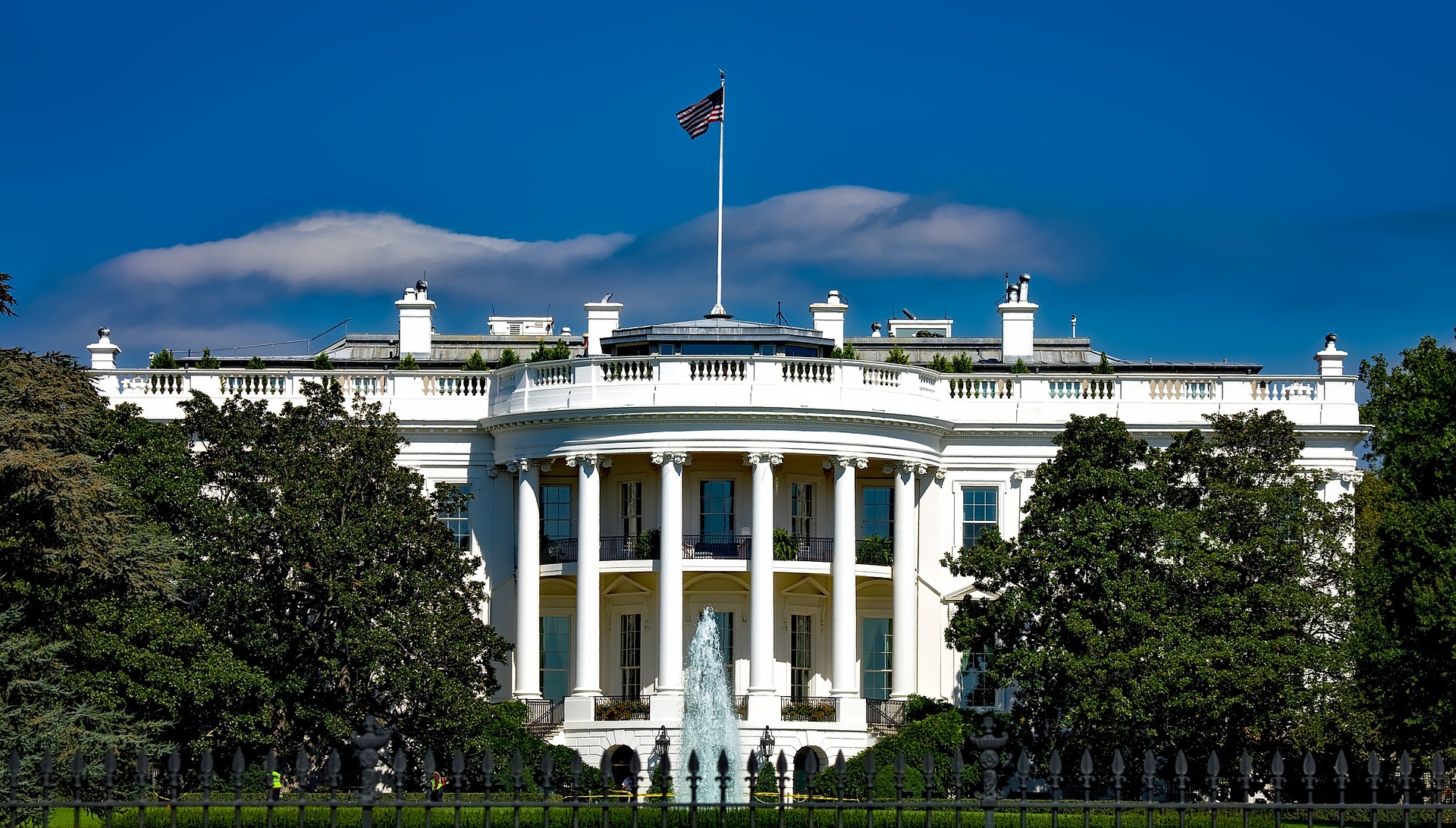However, she had highlighted a fundamental flaw in the OECD’s proposal. Although national governments were banned from taxing larger international firms at less than 15 percent, “no such restraint was proposed when it came to subsidies”. Patel referred to this approach as “tax-cuts bad, taxpayer-funded subsidies good”.

Photo: Facebook Priti Patel
The British politician pointed out that the approach will inevitably mean competitive disadvantage for smaller countries, because they will never be able to compete with China and the U.S. in a “subsidy race”. Patel warned that
the OECD’s radical plan threatens to tilt the world Left-wards, forever”.
The OECD and its defenders seem to fear tax competition, Patel wrote in her article. She also pointed at a fundamental flaw in the system, namely, that there is no institution tasked with policing the new rules, and it is unclear what sanctions are to be introduced for those who reject them. She also maintained that compelling countries such as China to follow the new rules will be nigh impossible.
Patel’s questions have partly been already answered when the Biden administration had in July 2022 unilaterally terminated the 1979 International Treaty for the Avoidance of Double Taxation with Hungary, widely thought to be a direct retaliation for the Hungarian government’s resistance against the new global corporate tax rules. This could imply that the U.S. government had appointed itself as the guardian of the new treaty and will use its economic and political muscle to enforce it globally, including on its European allies.
As Patel said, the countries grappling with the new global corporate tax might find themselves between a rock and a hard place, as U.S. Republicans are increasingly unhappy with the plans. As she pointed out, the Republican chairman of the House Ways and Means Committee, Jason Smith, threatened retaliation against any country imposing higher taxes on US companies based on the new OECD framework.
Although Hungary had eventually lifted its veto from the new corporate tax deal, the U.S. has not reversed its punitive decision to abolish the treaty on double taxation. Nevertheless, Hungary has managed to get an exemption as a result of which it will keep its low, 9% corporate tax rate for companies producing less than EUR 750 million profit annually, and the remaining few larger entities will be able to include the local business tax into their final tax bill at the end of the year, significantly blunting the effects of the new rules.
Related article
Biden Administration Continues to Exert Financial Pressure on Hungary
Double taxation will mean that anyone who owns U.S shares and makes a profit there will have to pay much more next year.Continue reading
However, she had highlighted a fundamental flaw in the OECD’s proposal. Although national governments were banned from taxing larger international firms at less than 15 percent, “no such restraint was proposed when it came to subsidies”. Patel referred to this approach as “tax-cuts bad, taxpayer-funded subsidies good”.
Photo: Facebook Priti Patel
The British politician pointed out that the approach will inevitably mean competitive disadvantage for smaller countries, because they will never be able to compete with China and the U.S. in a “subsidy race”. Patel warned that
The OECD and its defenders seem to fear tax competition, Patel wrote in her article. She also pointed at a fundamental flaw in the system, namely, that there is no institution tasked with policing the new rules, and it is unclear what sanctions are to be introduced for those who reject them. She also maintained that compelling countries such as China to follow the new rules will be nigh impossible.
Patel’s questions have partly been already answered when the Biden administration had in July 2022 unilaterally terminated the 1979 International Treaty for the Avoidance of Double Taxation with Hungary, widely thought to be a direct retaliation for the Hungarian government’s resistance against the new global corporate tax rules. This could imply that the U.S. government had appointed itself as the guardian of the new treaty and will use its economic and political muscle to enforce it globally, including on its European allies.
As Patel said, the countries grappling with the new global corporate tax might find themselves between a rock and a hard place, as U.S. Republicans are increasingly unhappy with the plans. As she pointed out, the Republican chairman of the House Ways and Means Committee, Jason Smith, threatened retaliation against any country imposing higher taxes on US companies based on the new OECD framework.
Although Hungary had eventually lifted its veto from the new corporate tax deal, the U.S. has not reversed its punitive decision to abolish the treaty on double taxation. Nevertheless, Hungary has managed to get an exemption as a result of which it will keep its low, 9% corporate tax rate for companies producing less than EUR 750 million profit annually, and the remaining few larger entities will be able to include the local business tax into their final tax bill at the end of the year, significantly blunting the effects of the new rules.
Double taxation will mean that anyone who owns U.S shares and makes a profit there will have to pay much more next year.Continue reading
Featured Photo: Facebook Priti Patel